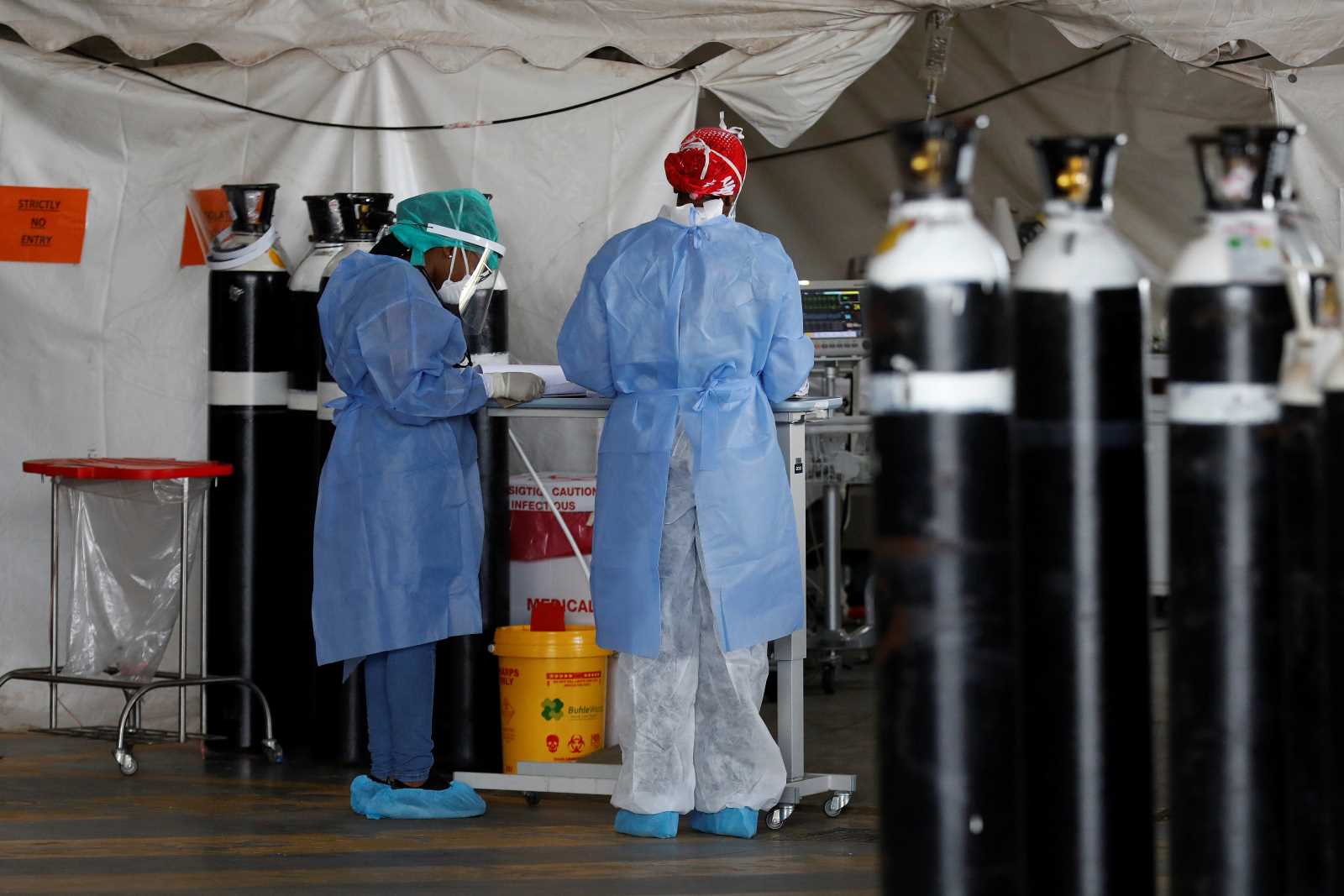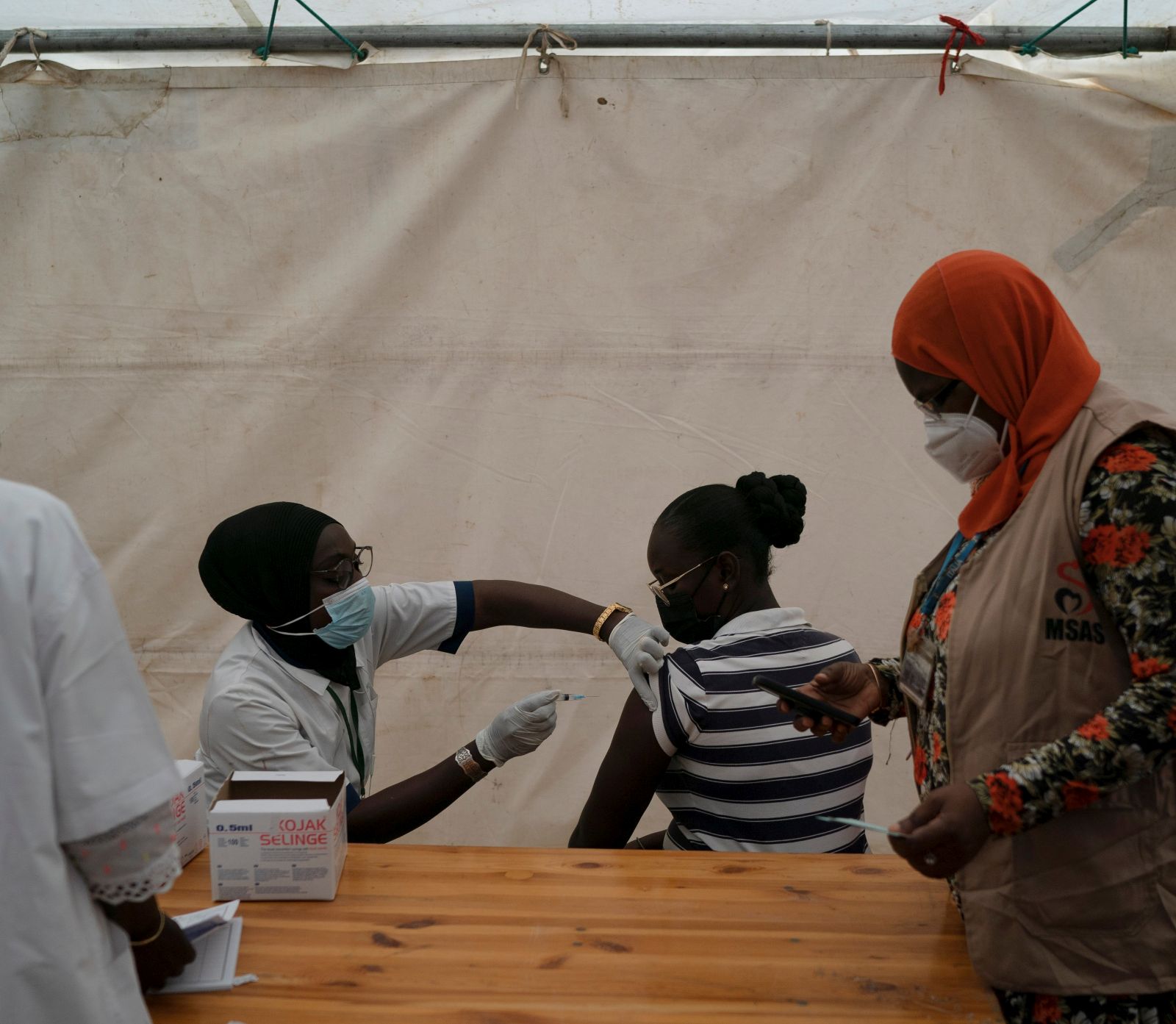Price negotiations
Paying over the odds

Vaccine prices for developing countries typically are negotiated within an organisation called GAVI – the Vaccine Alliance (previously the Global Alliance for Vaccines and Immunization). GAVI is a forum that brings together the vaccine industry, donor governments, developing country governments and a range of international organisations. One of GAVI’s roles is co-leading COVAX, the global initiative to bring coronavirus vaccines to low- and middle-income countries.
GAVI aims to reduce vaccine prices for developing countries, first by pooling demand among these countries to boost their collective buying power. “Manufacturers need to see a market with sufficient size and income to cover their costs,” GAVI states. In addition to pooling demand from eligible poor countries, GAVI raises funds from donors to finance those countries’ vaccine purchases.
Equally important, GAVI seeks multi-party pricing agreements that assure global pharma companies they can recoup any lost profits in the developing world by charging higher prices in advanced countries. According to GAVI, it pursues “a tiered-pricing policy, whereby low-income countries are charged less than higher income countries for the same product.” This has enabled developing countries to pay a fraction of the market price paid in developed countries for important vaccines, including the hepatitis B, rotavirus, pneumococcal, pentavalent and tetravalent vaccines (see main story).
Aviva Freudmann is a freelance author.
Frankfurterin2009@gmx.de












